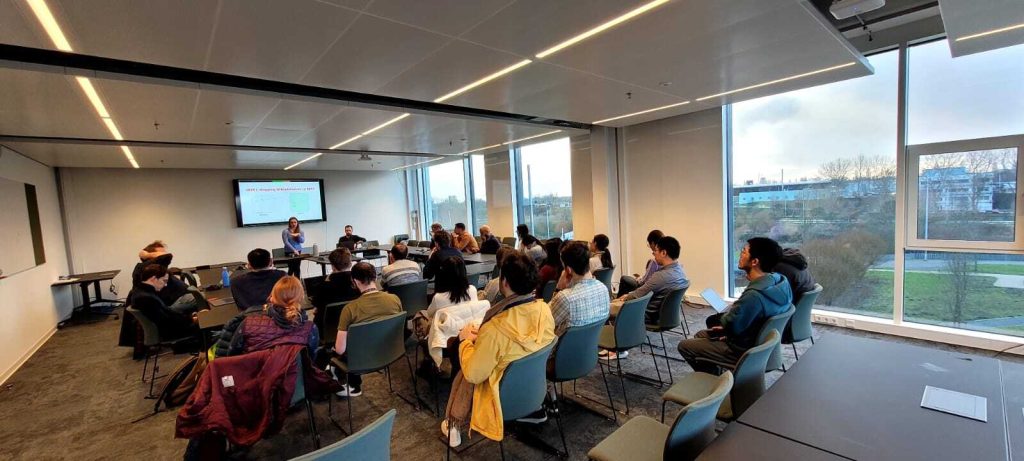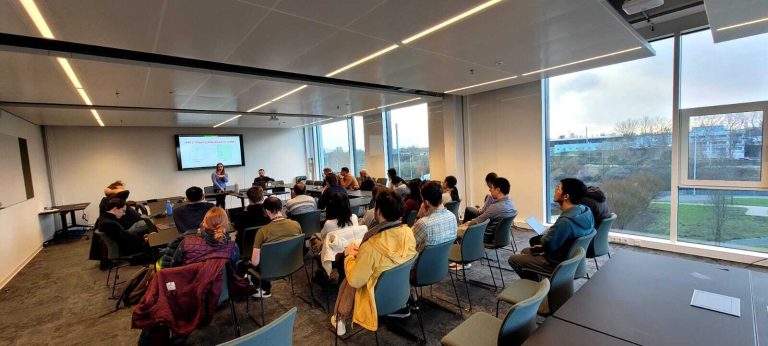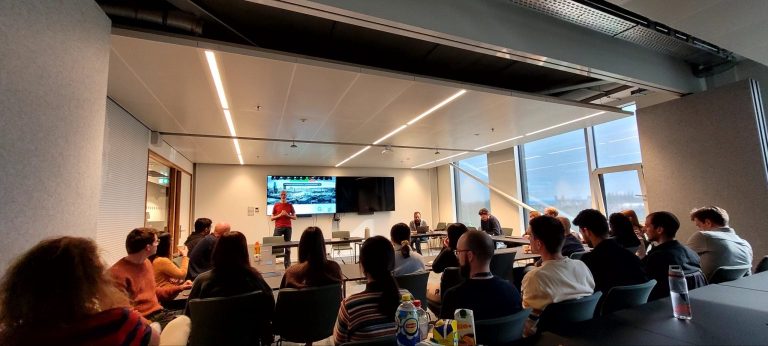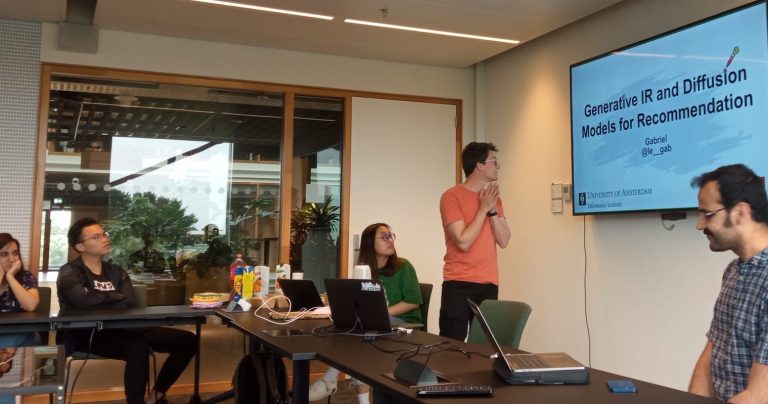The ELLIS unit Amsterdam is proactively promoting local excellence by extending support to local initiatives here in Amsterdam which focus on different themes within the AI landscape. To date, we are funding seven Amsterdam’s initiatives on Machine Learning, and the Search Engines Amsterdam (SEA) is one of them. The SEA is the most longstanding initiative in our AI community with its first series organised in 2014. This month, we take the opportunity to spotlight the thriving initiative by asking several fundamental questions.
What is the guiding principle of the Search Engines Amsterdam?
Information is central to everything we do as people. And increasingly, we depend on technology to connect us to information. The guiding principle underlying the Search Engines Amsterdam is that in an open democracy, ownership of technology that plays such a key role in society should be shared, between academia, industry, government, and NGO’s. That’s why SEA always strives to bring different voices to the table. Since our start in 2014, we’ve hosted well over 200 presentations with speakers from many corners of the planet and society.
How do you see the SEA different from other talks on AI?
At Search Engines Amsterdam, regular talks are organized around algorithms and models of information retrieval, in search engines, recommender systems, or conversational assistants. Our hybrid meetups are usually held on the last Friday of the month, at Science Park Amsterdam. Usually, we have two talks in a row, one industrial, the other academic, 25+5 minutes each, no marketing, just algorithms, followed by drinks. We also host ad hoc “single shot” events whenever an interesting visitor stops and shares their work. And every now and then we have bigger events for a whole afternoon.
The main target audiences of SEA are students, researchers, developers, anyone interested in information retrieval technology and its implications. Furthermore, researchers from NLP, speech, and computer vision backgrounds may also relate to some SEA events. Before the covid pandemic, SEA meetups were physical only, narrowing the audience down to participants from Amsterdam or nearby cities. However, currently with our hybrid setting, we have a wider geographical spectrum of audience. Over 2600 members are now part of the meetup.



